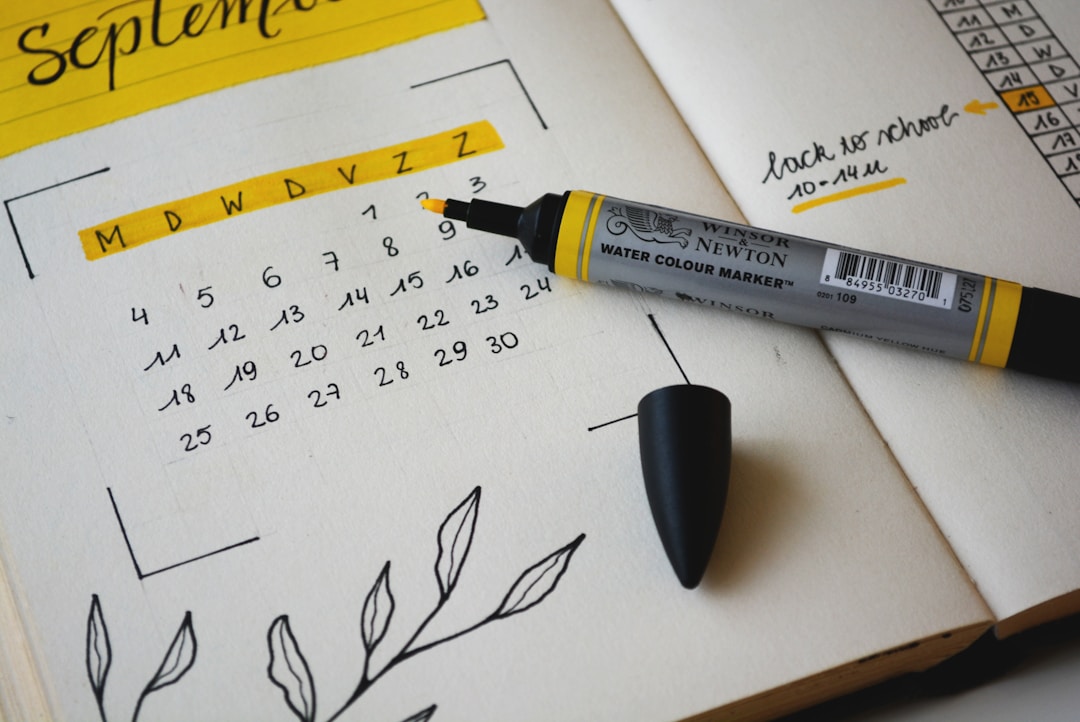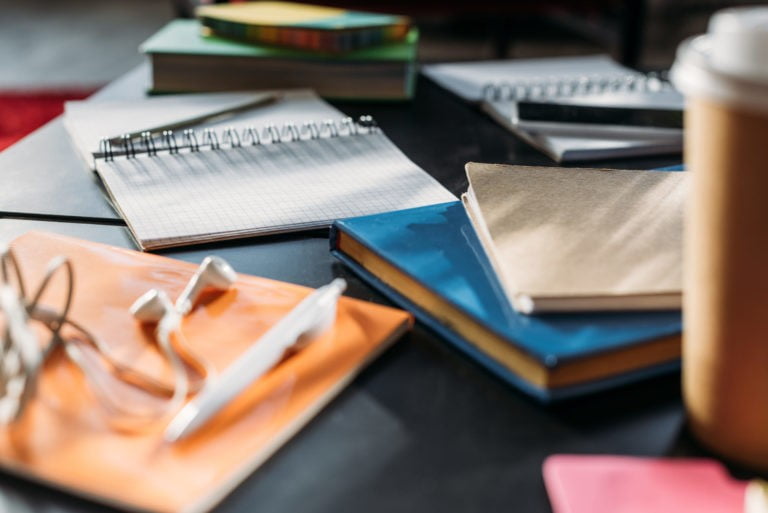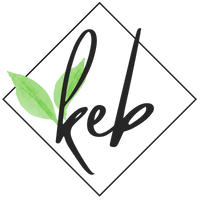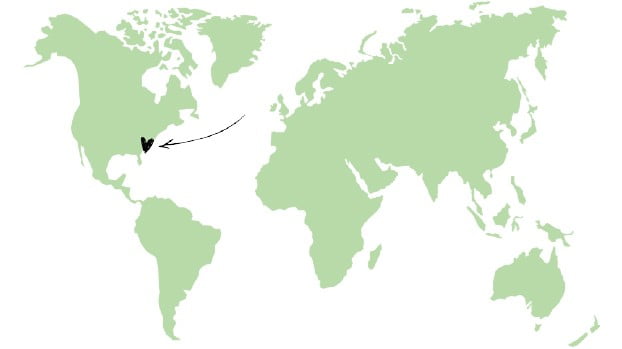Vacations are associated with holidays, relaxation, fun, and free time. However, there are times when it may become expedient for you to study while on vacation. Your school may have important tests or assignments scheduled immediately after resumption. Taking time off to have fun can disrupt your study routine and memory of your core subjects.
By studying, you can avoid going into a daze during an ongoing test or exam. Combining travel and study can be daunting and overwhelming, but not to worry, we’ve got you covered. Continue reading to learn how to study effectively on vacation.
Create a realistic study plan.

Before you set out for your vacation, ensure you draft a realistic study plan. Make a checklist of all your study goals and formulate a plan to tackle them. You might want to prioritize subjects that are more work-intensive or difficult. A good rule of thumb is to alternate between easy and difficult subjects.
When on vacation, retreat to a quiet spot that is comfortable and void of distractions. If you’re going on a road trip in an RV, consider making a reservation at an RV park. Today, there are many iconic RV sites scattered across the United States. Take, for example, the premier RV park situated along the southern Oregon coast. The park’s setting makes for an ideal study area with various amenities such as on-site showers, free Wi-Fi, and electrical hook-ups to guarantee comfort.
The interior roads leading to the park can accommodate larger RVs. According to the site layout, the sites are located near the park’s entrance for easy access. Best of all, you can go for a short drive or horseback riding around the campground after studying to avoid burnout. If you’re traveling with your furry friend, keep in mind that the premier RV resort also features a dog park.
Enroll in a self-study course.
Most people have had to take important exams while on vacation. Let’s assume, hypothetically, that your final exam coincides with the last leg of your vacation. Of course, you’d have to find ways to ace the exam. Consider signing up for a self-study course in your chosen field of study.
For instance, if you’re a certified public accountant (CPA) looking to earn free CPE credits, there are many self-study CPE courses available online. With online CPE courses, you can gain hours of credit while on vacation. The online courses feature an instant online grading system to enable you to see your grade.
Keep in mind that the CPE provider must be registered with the National Association of State Boards of Accountancy or the state public accounting board. You can also take the classes in the form of live webinars where you listen to expert instructors. Best of all, webinar registrations allow you to earn CPE credit without sitting for a test. Plus, you’re awarded a certificate of completion immediately after the webcast.
Eat and sleep well.

Research suggests that excessive sleepiness can negatively impact work performance. While studying a lot is OK, it’s also essential to allow your brain to rest to prevent burnout. Sleep plays an integral role in learning and memory. Not getting enough sleep can make it difficult for you to focus and assimilate new information. Additionally, lack of sleep can take a toll on your cognitive and mental health. Find ample time during your trip to get enough sleep, regardless of your travel and study schedule.
Furthermore, eating healthy diets can help boost your brain and memory function. Thankfully, several healthy foods boost brainpower. These brain foods include dark fruits and vegetables, fish rich in omega-3s, and quality carbs. Try to incorporate them into your meal plan to boost your concentration, alertness, and performance.








